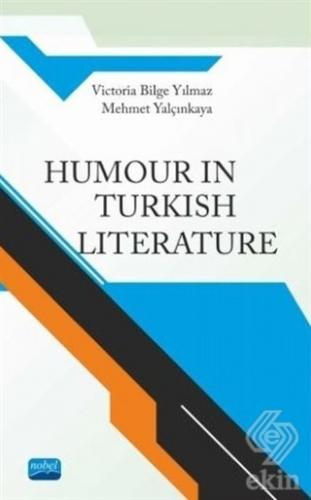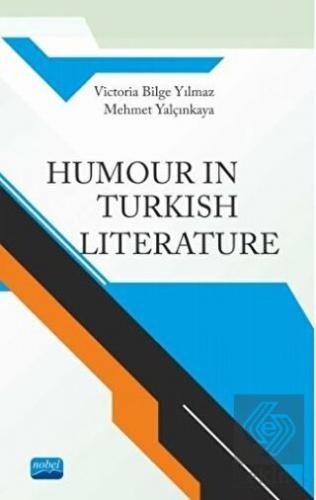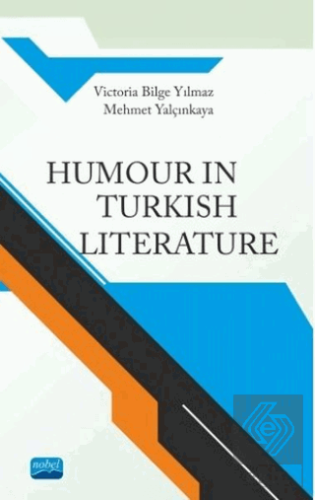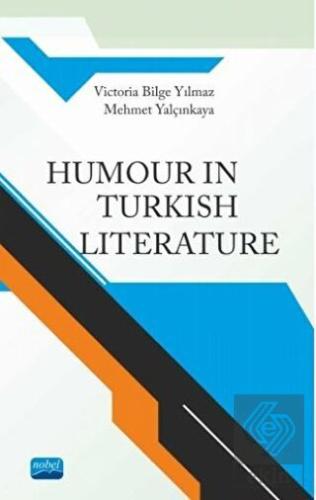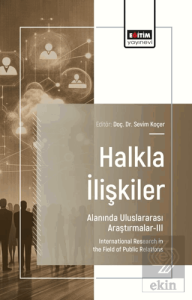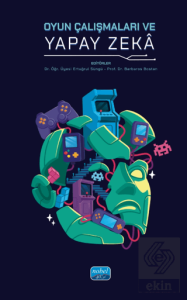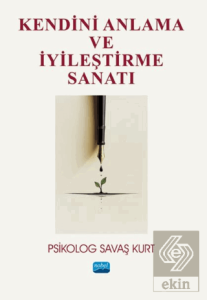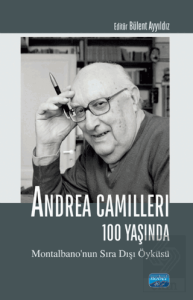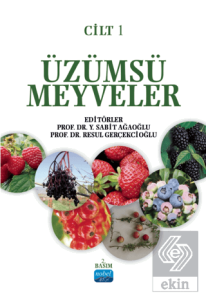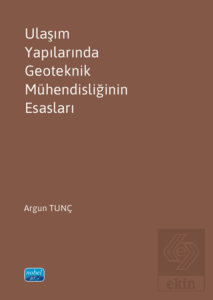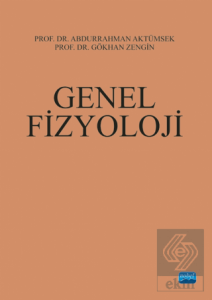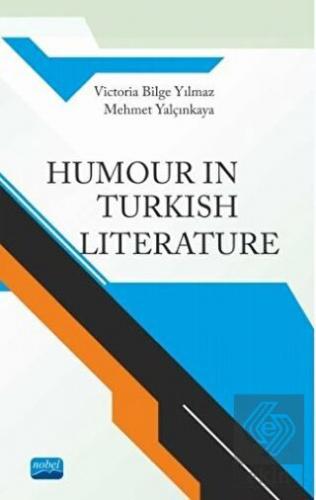
Although Turkish culture has a unique sense of humor, humor culture has changed with the change of space and culture. Therefore, we found it appropriate to examine Turkish literature under the titles of Pre-Islamic Turkish Literature, Turkish Folk Literature, Old Turkish Literature and New Turkish Literature while addressing the adventure of humor in the history of Turkish literature. We have included the concepts of irony, parody and satire, which are frequently used together with humor or as sub-types of humor in Western literature in order to determine the effect of the Western sense of humor on the Turkish literature's sense of humor.
While pointing to the historical development of these concepts, we also tried to identify their samples in the Turkish humor tradition. We tried to determine the counterparts of these genres in the Turkish novel, which is on the verge of innovation, by considering especially the literature of the Second Constitutional Period, in which the Turkish culture was in touch with the West. Therefore, we mentioned the changes of humor and the concepts related to humor in the history of Turkish literature and during the Second Constitutional Period, in which the influence of Western literature was strongly felt, the new meanings that humor concept has gained. As a result, we dealt with the author's purpose in using humor, the form that the author uses in creating humor and the issues criticized through humor.
We also included a chapter on humor in English literature to juxtapose the comic effAlthough Turkish culture has a unique sense of humor, humor culture has changed with the change of space and culture. Therefore, we found it appropriate to examine Turkish literature under the titles of Pre-Islamic Turkish Literature, Turkish Folk Literature, Old Turkish Literature and New Turkish Literature while addressing the adventure of humor in the history of Turkish literature. We have included the concepts of irony, parody and satire, which are frequently used together with humor or as sub-types of humor in Western literature in order to determine the effect of the Western sense of humor on the Turkish literature's sense of humor.
While pointing to the historical development of these concepts, we also tried to identify their samples in the Turkish humor tradition. We tried to determine the counterparts of these genres in the Turkish novel, which is on the verge of innovation, by considering especially the literature of the Second Constitutional Period, in which the Turkish culture was in touch with the West. Therefore, we mentioned the changes of humor and the concepts related to humor in the history of Turkish literature and during the Second Constitutional Period, in which the influence of Western literature was strongly felt, the new meanings that humor concept has gained.
As a result, we dealt with the author's purpose in using humor, the form that the author uses in creating humor and the issues criticized through humor. We also included a chapter on humor in English literature to juxtapose the comic effect in English and Turkish literature. This chapter on humor in English literature helps to envision the sense of humor in Western tradition and see the similarities between English and Turkish literary works in terms of comedy and humor. ect in English and Turkish literature. This chapter on humor in English literature helps to envision the sense of humor in Western tradition and see the similarities between English and Turkish literary works in terms of comedy and humor.
Although Turkish culture has a unique sense of humor, humor culture has changed with the change of space and culture. Therefore, we found it appropriate to examine Turkish literature under the titles of Pre-Islamic Turkish Literature, Turkish Folk Literature, Old Turkish Literature and New Turkish Literature while addressing the adventure of humor in the history of Turkish literature. We have included the concepts of irony, parody and satire, which are frequently used together with humor or as sub-types of humor in Western literature in order to determine the effect of the Western sense of humor on the Turkish literature's sense of humor.
While pointing to the historical development of these concepts, we also tried to identify their samples in the Turkish humor tradition. We tried to determine the counterparts of these genres in the Turkish novel, which is on the verge of innovation, by considering especially the literature of the Second Constitutional Period, in which the Turkish culture was in touch with the West. Therefore, we mentioned the changes of humor and the concepts related to humor in the history of Turkish literature and during the Second Constitutional Period, in which the influence of Western literature was strongly felt, the new meanings that humor concept has gained. As a result, we dealt with the author's purpose in using humor, the form that the author uses in creating humor and the issues criticized through humor.
We also included a chapter on humor in English literature to juxtapose the comic effAlthough Turkish culture has a unique sense of humor, humor culture has changed with the change of space and culture. Therefore, we found it appropriate to examine Turkish literature under the titles of Pre-Islamic Turkish Literature, Turkish Folk Literature, Old Turkish Literature and New Turkish Literature while addressing the adventure of humor in the history of Turkish literature. We have included the concepts of irony, parody and satire, which are frequently used together with humor or as sub-types of humor in Western literature in order to determine the effect of the Western sense of humor on the Turkish literature's sense of humor.
While pointing to the historical development of these concepts, we also tried to identify their samples in the Turkish humor tradition. We tried to determine the counterparts of these genres in the Turkish novel, which is on the verge of innovation, by considering especially the literature of the Second Constitutional Period, in which the Turkish culture was in touch with the West. Therefore, we mentioned the changes of humor and the concepts related to humor in the history of Turkish literature and during the Second Constitutional Period, in which the influence of Western literature was strongly felt, the new meanings that humor concept has gained.
As a result, we dealt with the author's purpose in using humor, the form that the author uses in creating humor and the issues criticized through humor. We also included a chapter on humor in English literature to juxtapose the comic effect in English and Turkish literature. This chapter on humor in English literature helps to envision the sense of humor in Western tradition and see the similarities between English and Turkish literary works in terms of comedy and humor. ect in English and Turkish literature. This chapter on humor in English literature helps to envision the sense of humor in Western tradition and see the similarities between English and Turkish literary works in terms of comedy and humor.
| Taksit Sayısı | Taksit tutarı | Genel Toplam |
|---|---|---|
| Tek Çekim | 139,40 | 139,40 |
| 2 | 72,49 | 144,98 |
| 3 | 50,18 | 150,55 |
| Taksit Sayısı | Taksit tutarı | Genel Toplam |
|---|---|---|
| Tek Çekim | 139,40 | 139,40 |
| 2 | 72,49 | 144,98 |
| 3 | 50,18 | 150,55 |

